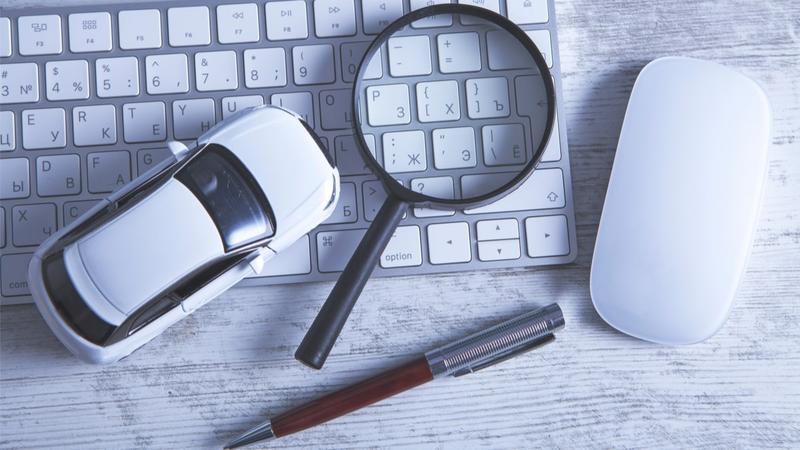No one likes feeling gullible. Unfortunately, that fear of being "taken for a ride" isn’t enough to stop auto insurance fraud from happening.
According to a survey prepared in 2011 by KPMG Forensic for the Insurance Bureau of Canada – the industry trade association – 9 per cent to 18 percent of annual claims costs are fraud-related. And all the false claims add up, pushing premiums higher by $100 to $200.
But the best way to fight fraud is to be proactive by being able to tell the seedy situations from the legit ones and sniff out a potential scheme.
Here are some of the most common auto insurance fraud situations in Canada and tips for how you can protect yourself.
The Case Of The Mysterious Damage
You’ve just been involved in a fender bender and your airbag has been deployed or your vehicle is in too rough of a condition to drive so you have it towed to a nearby body shop that the tow truck recommends. Once you’re set at ease, the tow truck leaves with your vehicle but sometime between the accident and when you get the bill for repairs a bunch of other damage has occurred to the vehicle that you don’t recall happening. The body shop makes more money than it otherwise would have and the insurance company picks up the tab.
How to protect yourself: Do not take recommendations from anyone you do not trust. Ask your insurance company if they have a preferred body shop that they use in the event of an accident. Use your phone to take photos of the damage for later comparison.
The Case Of The Staged Accident
You’re coming around a bend following another car and it breaks suddenly or swoops in front of you causing you to crash into it. Or maybe a friendly driver waves you into their lane but then unexpectedly slams into you, later claiming they hadn’t waved you in. Since the car that rear-ends you is nearly always considered at fault you’re hit with a hefty tab that also includes neck pain caused to the other driver.
Ultimately, the conman walks away with both a collision and injury claim.
How to protect yourself: The best way to protect yourself from this kind of fraud is to always allow enough space between you and other vehicles around you, making it easier to react and avoid accidents. Always report any suspicious accidents to your insurer.
The Case Of The Fake Injury
Accidents at slow speeds are fully capable of causing injury but sometimes scammers take advantage of the system. For instance, suppose you have a parking lot fender bender and the other driver seems fine but when the police show up they start limping or rubbing their neck as if the injury has just kicked in. Since injuries like whiplash are hard to prove via x-rays you may find yourself on the hook for their injury claim. In some cases they are part of an organized team which may include medical professionals who will falsify injury reports. In some cases the other driver could even say there were extra passengers in the vehicle who also are injured. This could cost your insurance company tens of thousands or dollars is false injury reports.
How to protect yourself: Even in the smallest accidents fill out a police report. If the insurance company can prove just how minor the accident is, they have a better chance of proving that injury is unlikely. Be sure to count all the passengers as well and do not sign blank accident forms.
The Case Of The Stolen Vehicle
After months of saving you decide it’s time to purchase a vehicle. You go online and find the perfect pre-owned car for a bargain price and you decide to have a mechanic take a quick look at the car to make sure it hasn’t been stolen or in a previous accident. Luckily, the owner of the vehicle you are interested in buying knows a mechanic around the corner. The identification checks out and you hand over the cash. Within a few days or a week, the police are knocking on your door inquiring about the stolen car you’ve been driving.
How to protect yourself: Require paperwork surrounding any transactions you make. If you plan on purchasing a vehicle privately, be sure to have a legitimately qualified mechanic review the state of the vehicle and run a full history search. Consider making an investment in a vehicle history report. This report will tell you if the has been in any accidents.
